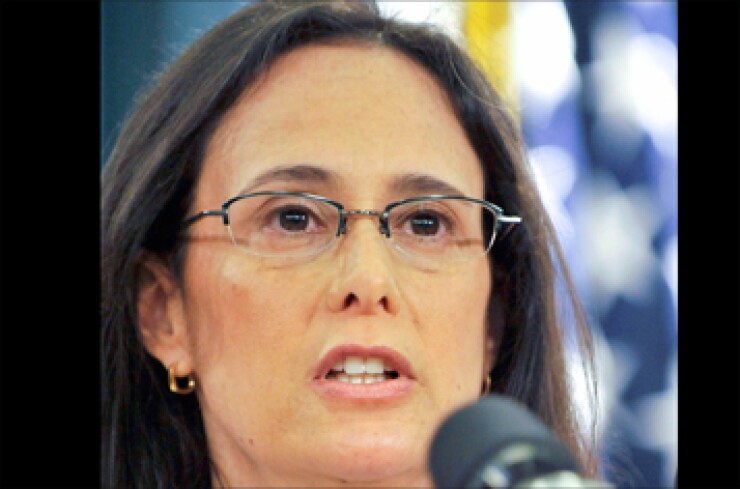
CHICAGO — Illinois Attorney General Lisa Madigan and Comptroller Leslie Geissler Munger want state courts to provide more clarity on what can be paid without a fiscal 2016 budget in place, including whether the state can meet its payroll.
Madigan announced on Thursday the filing of a complaint in Cook County Circuit Court that seeks a court order clarifying that the State can continue to make legally authorized payments to fund critical government services in a timely manner.
The action seeks court approval for the comptroller to make payments that do not legally require an appropriation by the Legislature, including payments under specific state statutes, for services performed under consent decrees and payments to continue participating in federal programs.
"The Illinois Constitution clearly states that without a budget, the state's authority to fund government operations and services is severely limited. I am bringing this action to ensure that legally supported expenditures can continue to be made and to address the question of how the state payroll is legally managed during the budget impasse," Madigan said.
The state entered the fiscal year July 1 without a budget; a one-month budget patch failed in the House by four votes Wednesday. The House is expected to try again next week by taking up a one-month spending plan that cleared the Senate. Gov. Bruce Rauner's administration has called it unconstitutional and is unlikely to sign it.
The comptroller at a news conference Thursday said she hopes the courts will issue an order that allows the state to meet its July 15 payroll. Under the federal Fair Labor Standards Act, the state is required to pay "essential" employees the federal minimum wage. The state ran into a similar situation without a budget in 2007. Due to what Munger called the state's antiquated record-keeping system, it would have a difficult time determining what employees meet the designation and adjusting their compensation in time to bring the state in compliance with federal rules. The simplest and most fair solution is to pay all employees their full paychecks, the court ordered in 2007.
Munger stressed that the state will continue to pay debt service, retiree benefits, and pension fund payments due to a continuing appropriation on those issues. Local government aid continues to be paid as the state serves only as a pass-through for pledged tax revenues.
Munger laid the blame on lawmakers for her inability to pay vendors.
"Unfortunately the consequences are now being realized as the state has reached the new fiscal year without a budget," she said.
Most state vendors like social service providers and small businesses won't feel the impact immediately as the state continues to chip away at a $5 billion backlog of fiscal 2015 bills that can continue to be paid.
Rauner recently laid out hundreds of millions of dollars in cuts as the partial government shutdown loomed. He recently vetoed the $36.3 billion fiscal 2016 budget Democrats pushed through the legislature, which the Democrats acknowledged fell at least $3 billion short of needed revenue.
Rauner's administration puts the shortfall at $4 billion and the freshman GOP governor has said he won't support new taxes without passage of items on his "reform agenda," which Democrats consider too favorable to business and harmful to unions. Those items include a two-year property tax freeze, worker's compensation reforms, and tort reforms.





